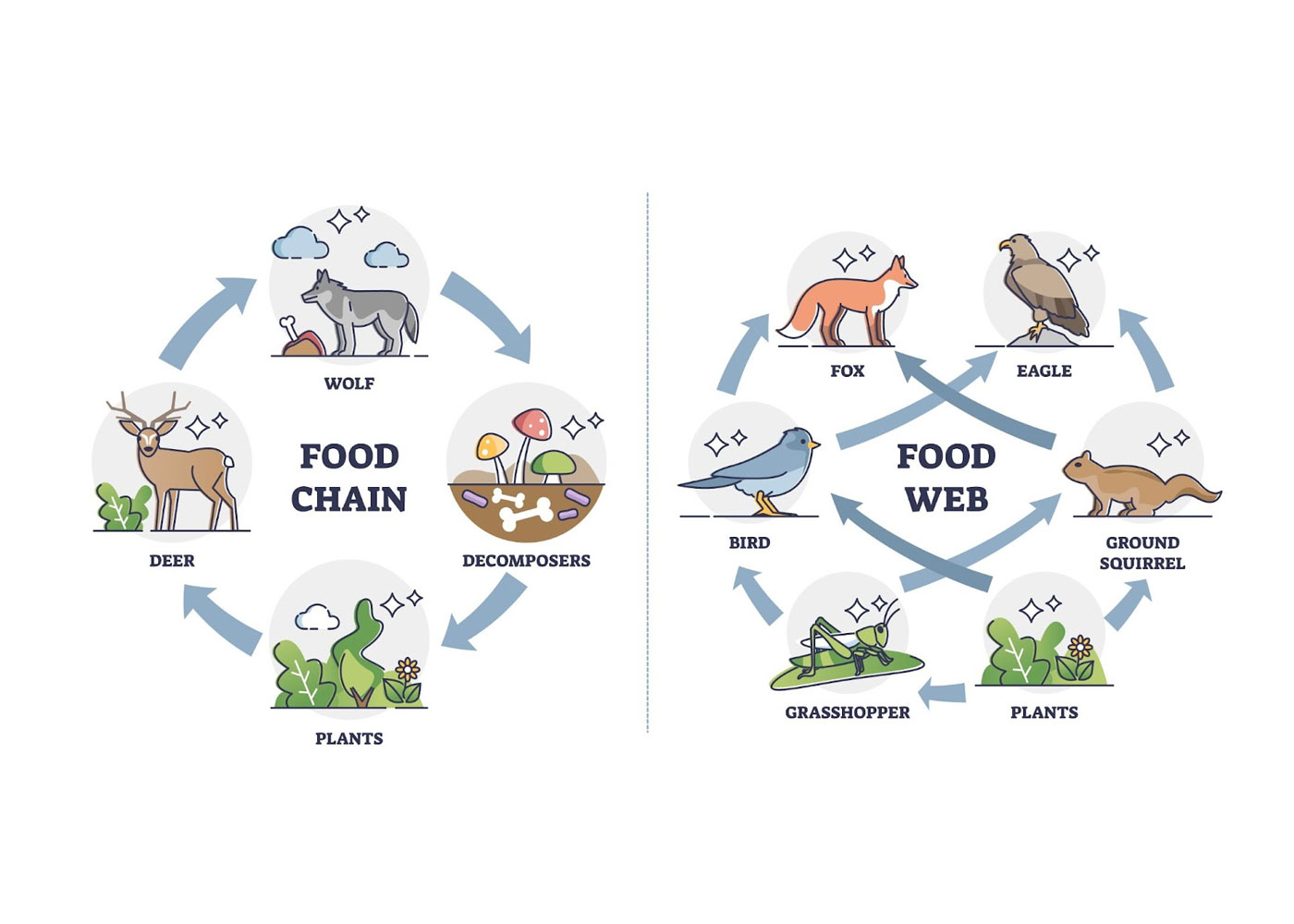The ketogenic diet, commonly known as the keto diet, has
surged in popularity over recent years, primarily for its significant weight
loss benefits. However, the keto diet also profoundly affects the body’s gut bacteria beyond shedding pounds. For individuals following a keto monthly meal plan in Dubai, understanding these effects can provide deeper insights
into the health implications of this diet. This article delves into the
intricate relationship between the keto diet, gut bacteria, and weight loss,
exploring scientific research, facts, and figures to offer a comprehensive
view.
Introduction to the Keto Diet
The keto diet is a high-fat, moderate-protein, and
low-carbohydrate eating plan designed to induce a state of ketosis. In ketosis,
the body burns fat for fuel instead of carbohydrates, producing ketones. This metabolic shift is what primarily drives weight loss in the
keto diet.
Macronutrient Breakdown:
- Fat: 70-80%
- Protein: 15-25%
- Carbohydrates: 5-10%
According to a study published in The American Journal of
Clinical Nutrition, participants on a keto diet can lose up to 2.2 times more
weight than those on a calorie-restricted, low-fat diet over six months.
The Gut Microbiome: An Overview
The gut microbiome is a complex community of trillions of microorganisms, including bacteria, viruses, and fungi, residing in the digestive tract. These microbes play a crucial role in digestion, immune function, and overall health. The balance of beneficial and harmful bacteria is essential for maintaining a healthy gut environment.
How the Keto Diet Affects Gut Bacteria
Reduction in Carbohydrate Intake
The keto diet drastically reduces carbohydrate intake, which
affects gut bacteria that thrive on dietary fiber. Fiber is a primary food
source for many beneficial gut bacteria, particularly those involved in
producing short-chain fatty acids (SCFAs) like butyrate, propionate, and
acetate. These SCFAs are vital for colon health and have anti-inflammatory
properties.
Increase in Fat and Protein
Increased fat and protein consumption alters the gut
microbiome composition. Some studies suggest that high-fat diets can promote
the growth of bacteria linked to obesity and metabolic disorders. However, the
specific effects of the keto diet's fat intake on gut bacteria are still being
explored.
Changes in Gut Microbial Diversity
A study published in Cell Metabolism found that individuals
on a keto diet experienced a reduction in gut microbial diversity. While high
diversity is generally associated with good health, the implications of reduced
diversity in the context of the keto diet are not fully understood. Some researchers
speculate that the reduction in specific fiber-fermenting bacteria could have
long-term health effects.
Weight Loss and Gut Bacteria: The Connection
Role of Gut Bacteria in Metabolism
Gut bacteria are involved in extracting energy from food, regulating
fat storage, and influencing hunger and satiety hormones. Changes in the gut
microbiome can impact metabolic health and weight management.
Impact of the Keto Diet on Weight Loss
The keto diet's weight loss effects are well-documented. A
meta-analysis in The British Journal of Nutrition reported that individuals on
a keto diet lost an average of 10 kg more than those on low-fat diets over a
year. This weight loss is partly attributed to changes in gut bacteria, which
influence metabolism and fat storage.
Specific Bacterial Strains
Some bacterial strains are associated with obesity, while
others are linked to leanness. For example, an increased ratio of Firmicutes to
Bacteroidetes is often found in obese individuals. The keto diet can shift this
balance, potentially reducing the abundance of Firmicutes and promoting weight
loss.
Keto Monthly Meal Plan: Practical Implementation
For those following a Keto Monthly Meal Plan, it’s crucial
to incorporate foods that support both weight loss and gut health. Here are
some recommendations:
High-Fiber, Low-Carb Vegetables
Include non-starchy vegetables like leafy greens, broccoli,
cauliflower, and zucchini. These provide fiber without significantly impacting
carbohydrate intake.
Fermented Foods
Incorporate fermented foods such as sauerkraut, kimchi, and
pickles, which contain beneficial probiotics that support gut health.
Healthy Fats
Focus on healthy fats from sources like avocados, olive oil,
nuts, and seeds. These fats are less likely to negatively impact gut bacteria
compared to processed fats.
Probiotic Supplements
Consider taking a probiotic supplement to support gut
microbial diversity and overall digestive health.
Scientific Studies on the Keto Diet and Gut Health
Study by the University of California, San Francisco (UCSF)
A UCSF study found that the keto diet significantly altered
the gut microbiome, decreasing the abundance of Bifidobacteria and increasing
the prevalence of species such as Bacteroides. These changes were associated
with reduced inflammation and improved metabolic health.
Research from the University of Padua, Italy
This study observed that individuals on a keto diet had
higher levels of Akkermansia muciniphila, a bacterium linked to improved gut
barrier function and reduced inflammation. Higher levels of this bacterium are
associated with a leaner body mass.
Impact on Short-Chain Fatty Acids
Research published in Gastroenterology highlighted that a
keto diet led to lower production of short-chain fatty acids due to reduced
fiber intake. SCFAs are crucial for gut health, and their reduction could have
long-term implications.
Balancing Keto Diet and Gut Health
While the keto diet has proven benefits for weight loss,
it’s essential to balance it with strategies that support gut health:
Cycling Carbohydrates
Implementing periods of increased carbohydrate intake, known
as carb cycling, can help maintain gut microbial diversity and SCFA production.
Prebiotic Foods
Incorporate low-carb prebiotic foods such as garlic, onions,
and asparagus to feed beneficial gut bacteria.
Regular Monitoring
Regularly monitor gut health through stool tests and adjust
the diet accordingly to ensure a healthy balance of gut bacteria.
Embracing the Journey with Knowledge and Support
Understanding the effects of the keto diet on gut bacteria
and weight loss can empower you to make informed decisions and adjustments.
Here are some tips to help you on this journey:
Educate Yourself
Knowledge is power. Learn about the keto diet and its effects
on your body. Understand how gut bacteria influence your health and how you can
support them.
Seek Professional Guidance
Consulting with a nutritionist or dietitian who understands
the keto diet can provide personalized advice and support. They can help you
tailor your meal plan to ensure you’re getting the right nutrients while
supporting gut health.
Join a Community
Connecting with others on a similar journey can provide
motivation and support. Online forums, local support groups, and social media communities
can be great resources.
Listen to Your Body
Pay attention to how your body responds to the diet.
Everyone’s gut microbiome is unique, and what works for one person may not work
for another. Adjust your diet as needed to support your gut health and overall
well-being.
The Future of Keto and Gut Health Research
As science advances, we continue to learn more about the
intricate relationship between diet, gut bacteria, and health. Future research
may provide more precise recommendations for optimizing gut health while
following the keto diet.
Personalized Nutrition
Emerging fields like nutrigenomics and microbiome analysis
may one day offer personalized dietary recommendations based on your genetic
makeup and gut microbiome composition.
New Probiotic and Prebiotic Solutions
Advances in probiotics and prebiotics could offer new ways
to support gut health specifically tailored for those on the keto diet.
Broader Dietary Guidelines
As our understanding of the gut microbiome grows, dietary
guidelines may evolve to better support gut health across different diets,
including keto.
Conclusion: The Interplay of Keto Diet, Gut Bacteria, and Weight Loss
The keto diet’s impact on gut bacteria and weight loss is a
complex, multifaceted topic that continues to be the subject of extensive
research. For those following a Keto Monthly Meal Plan, understanding these
interactions can help optimize both weight loss and gut health.
While the keto diet offers significant weight loss benefits,
it’s essential to consider its effects on gut bacteria. By incorporating
strategies that support gut health, such as including high-fiber vegetables,
fermented foods, and possibly probiotic supplements, individuals can enjoy the
benefits of the keto diet while maintaining a healthy gut microbiome.
As research evolves, we will gain a deeper understanding of
how to balance the keto diet with gut health to maximize overall well-being.
For now, being mindful of these factors and making informed dietary choices can
help ensure a successful and healthy keto journey.
If you wish to contribute to our blog, please email us on morhadotsan@gmail.com.























